Dec 18, 2017
We Can Have Modest Healthspan Or We Could do Better
Posted by Steve Hill in categories: biotech/medical, life extension
The topic of healthspan is increasingly being raised in the popular media, but what does it really mean? Simply put, healthspan means the period of your life in which you remain healthy and free from age-related diseases. The Roman poet Virgil once said “The greatest wealth is health”, so the concept of healthspan was something valued as far back in time as then.
Today, we are going to take a look at how we have been trying to increase human healthspan in the past and what science is doing now to take us to new frontiers of health through a new approach to medicine called rejuvenation biotechnology.
So, why is healthspan becoming such a popular saying, and why is it appearing frequently in articles and in other media now? Quite simply, the advances in our understanding of the aging processes and our ability to do something about them has reached the point at which taking measures to increase healthspan is now plausible.

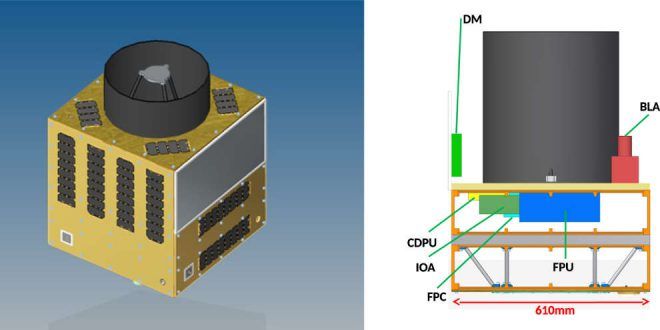
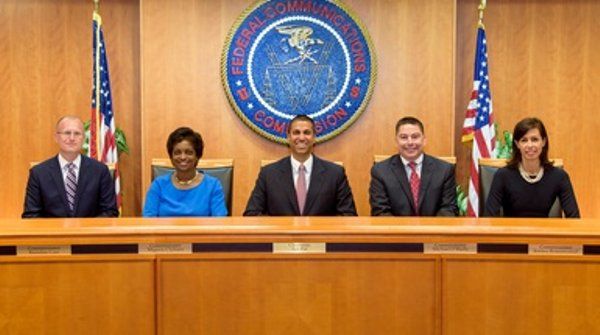
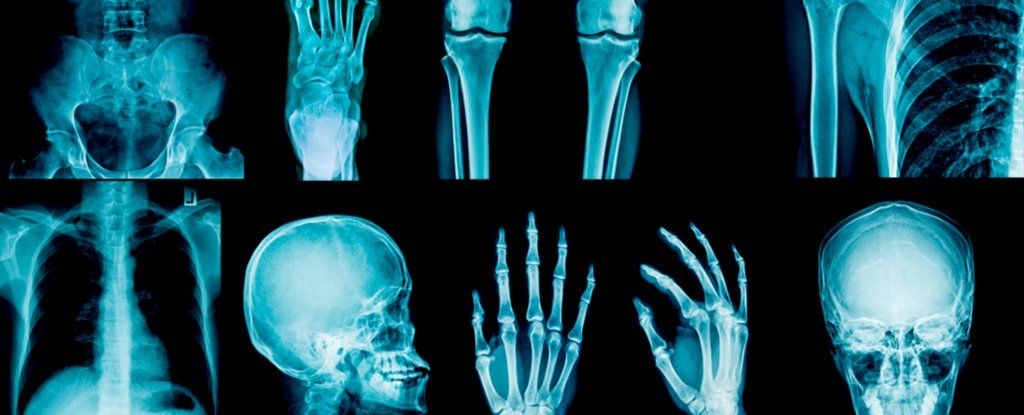
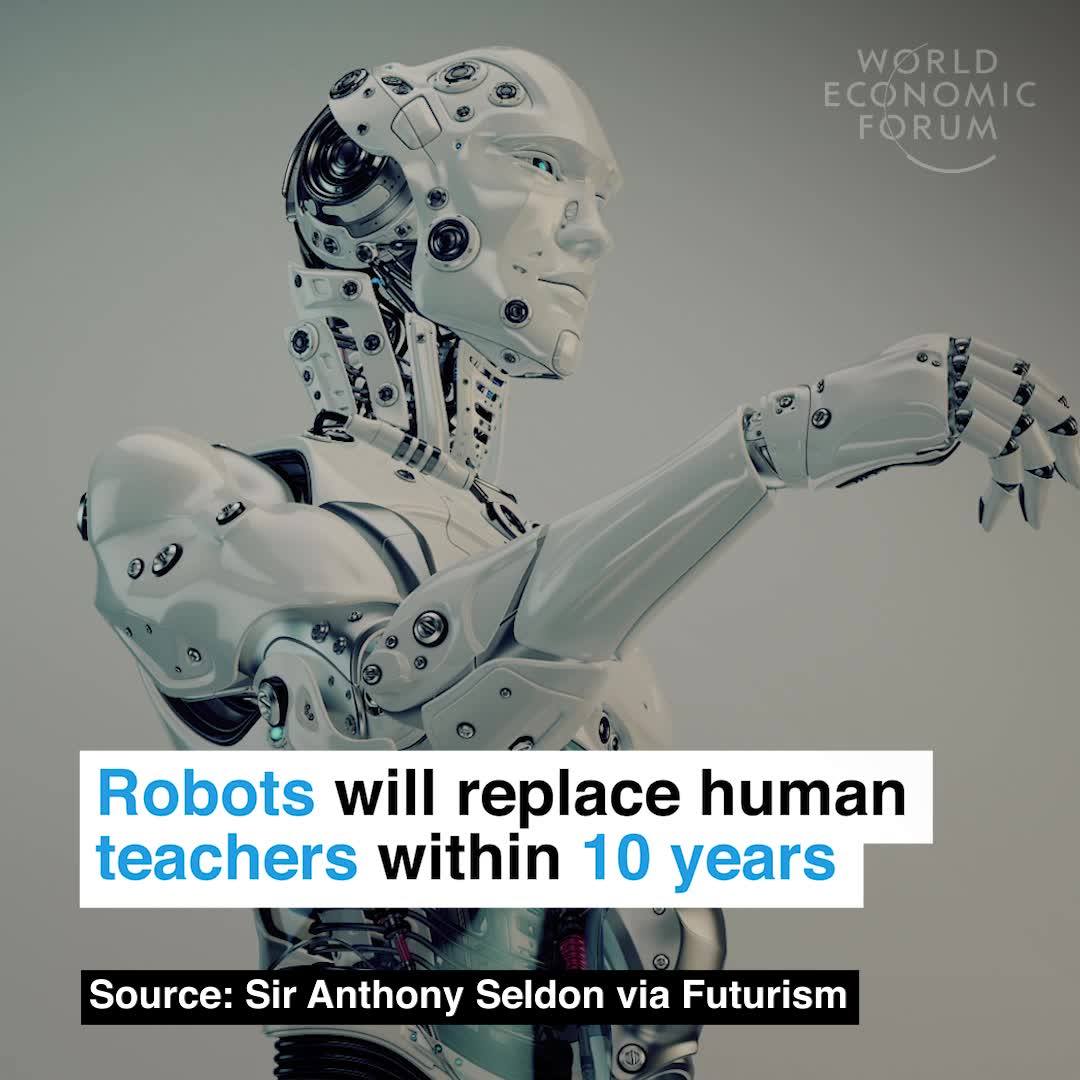
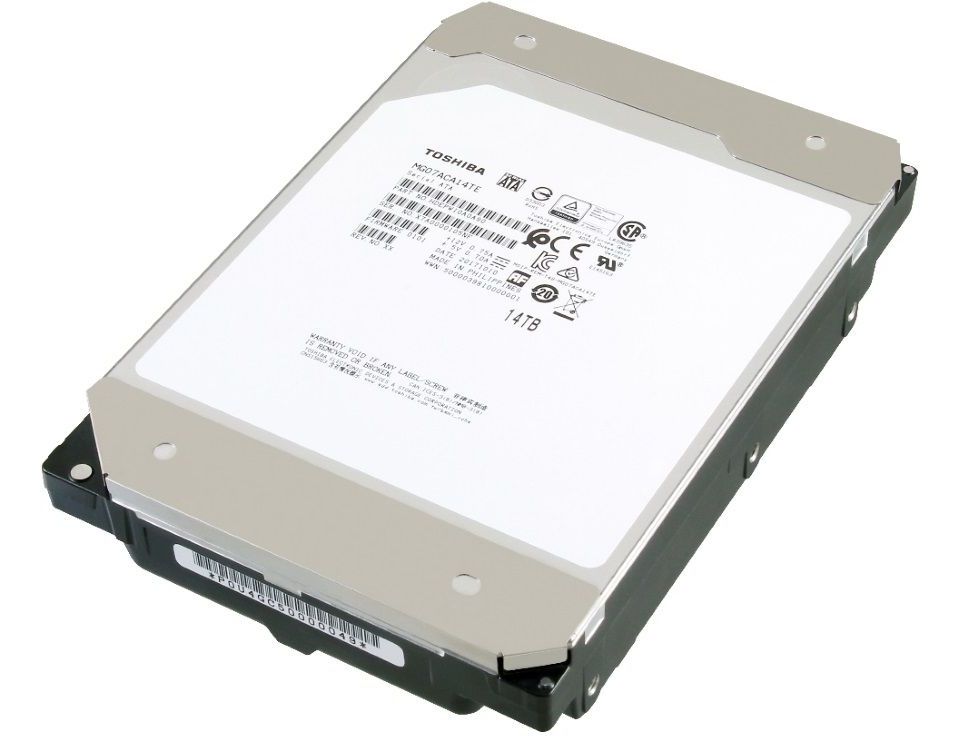

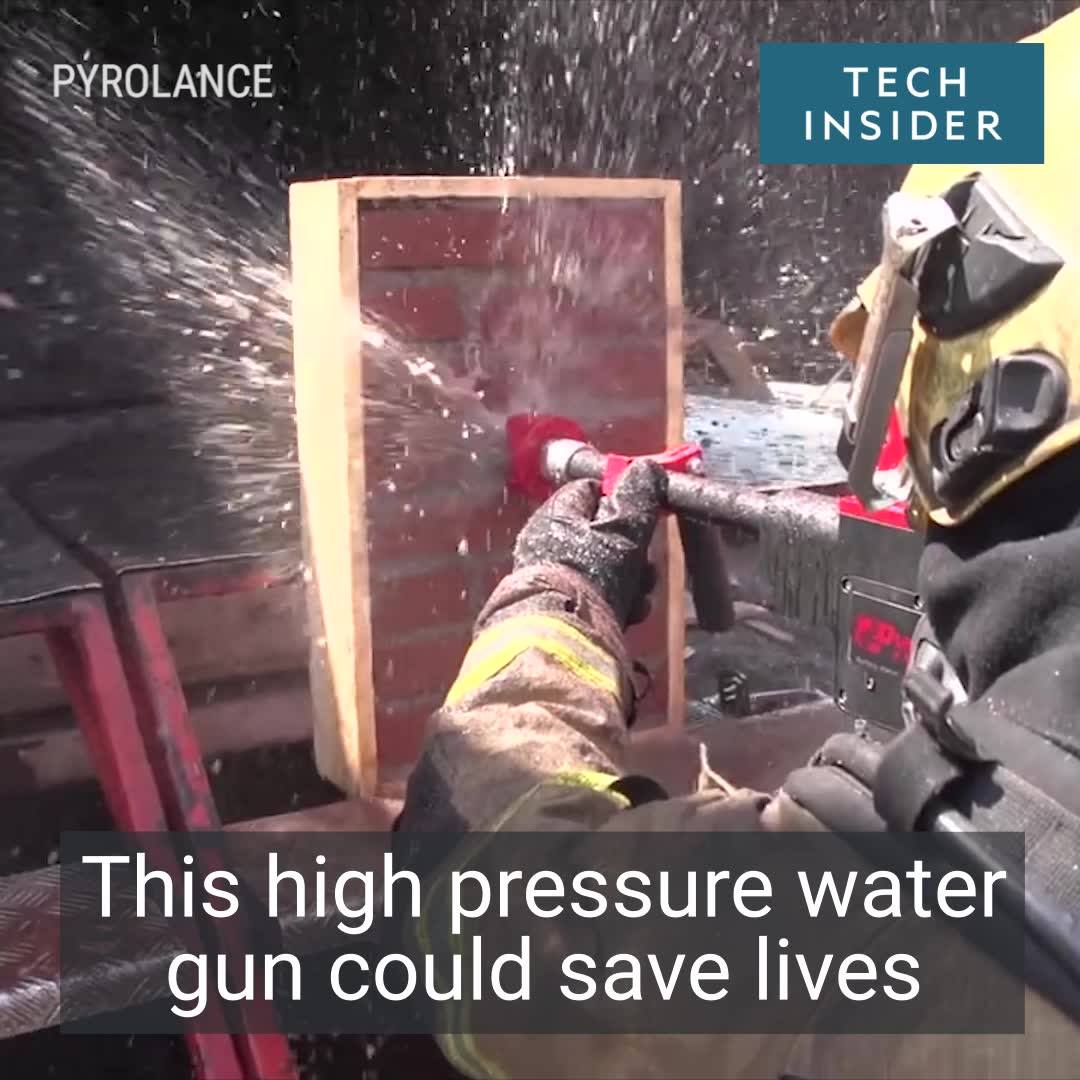
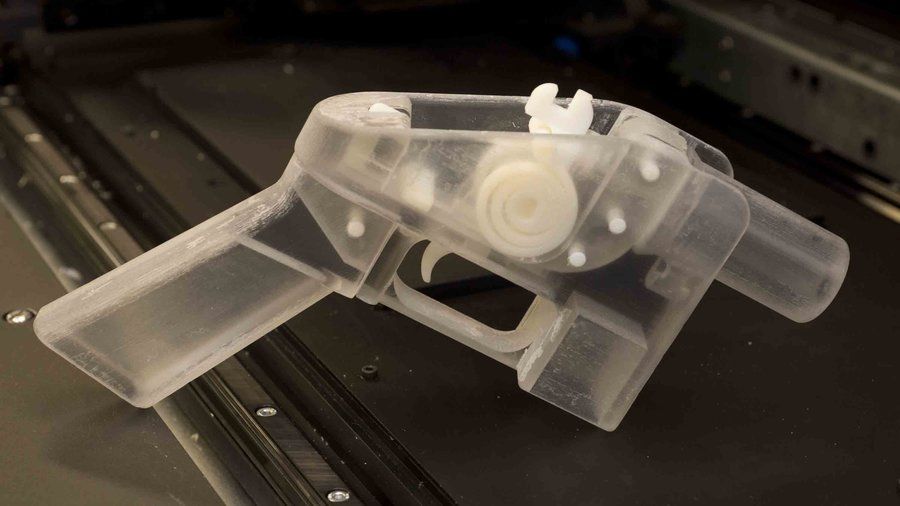
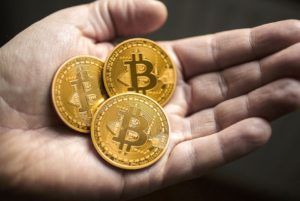 But an interesting question is not whether Bitcoin will eventually become a consumer currency. it is whether Bitcoin can distinguish itself as a store of value, rather than just an instrument for payment or debt settlement. After all, a Visa credit card, a traveler’s check and an Amazon gift card can all be used in retail payments, but none of them have value unless backed by someone or something. US Dollars on the other hand are perceived as inherently valuable. They carry the clout and gravitas of institutions and populations, without users questioning from where value arises. (This is changing, but bear with me)…
But an interesting question is not whether Bitcoin will eventually become a consumer currency. it is whether Bitcoin can distinguish itself as a store of value, rather than just an instrument for payment or debt settlement. After all, a Visa credit card, a traveler’s check and an Amazon gift card can all be used in retail payments, but none of them have value unless backed by someone or something. US Dollars on the other hand are perceived as inherently valuable. They carry the clout and gravitas of institutions and populations, without users questioning from where value arises. (This is changing, but bear with me)…








